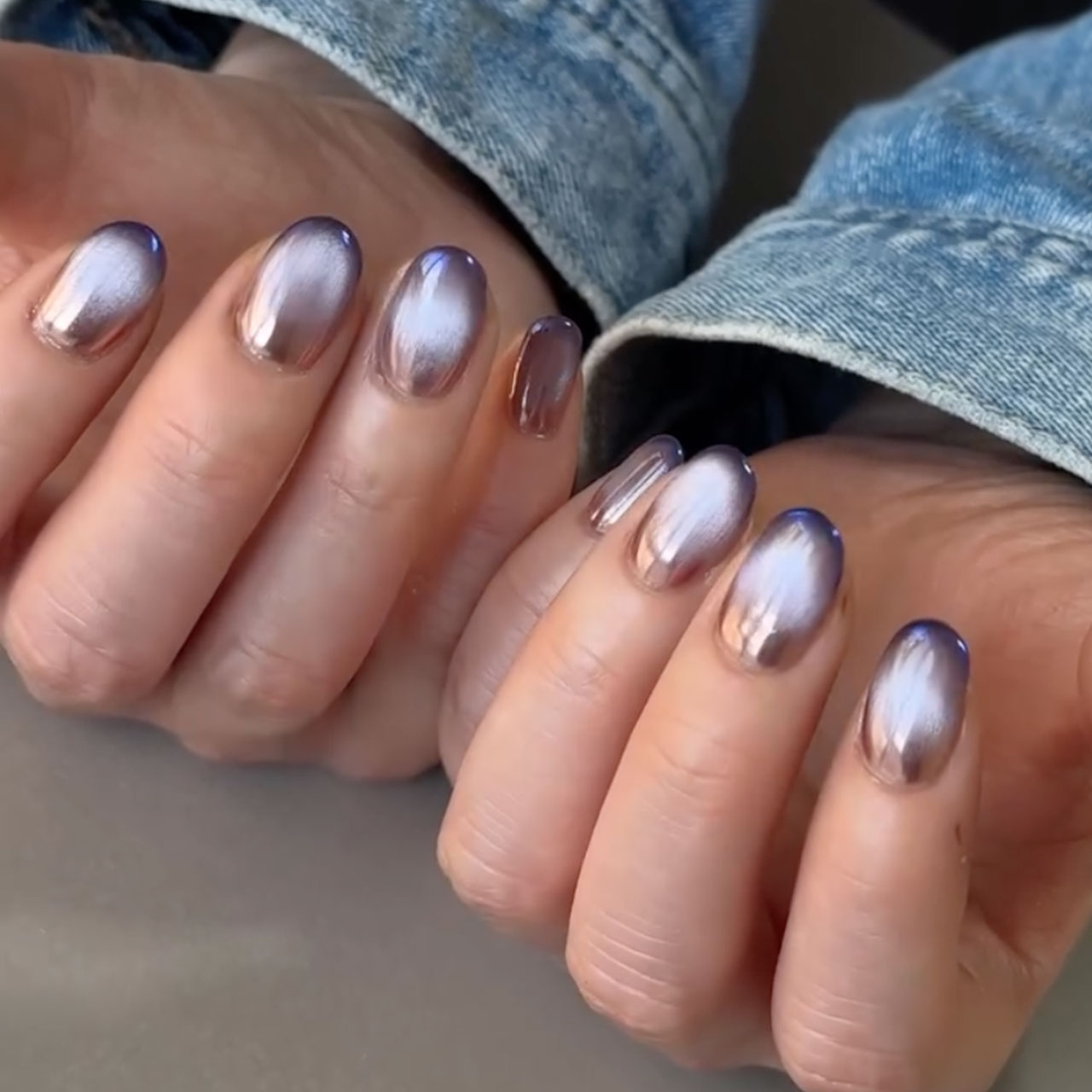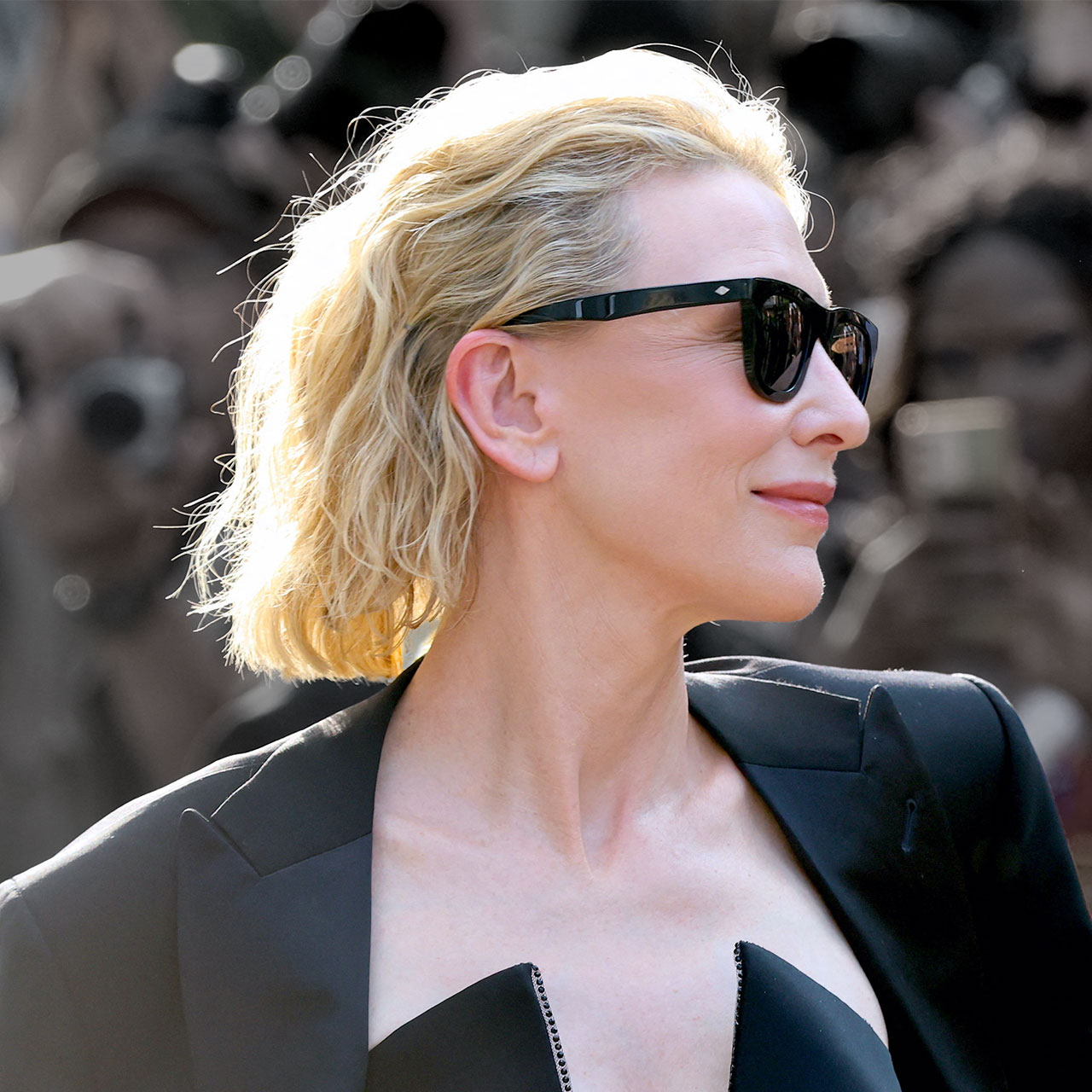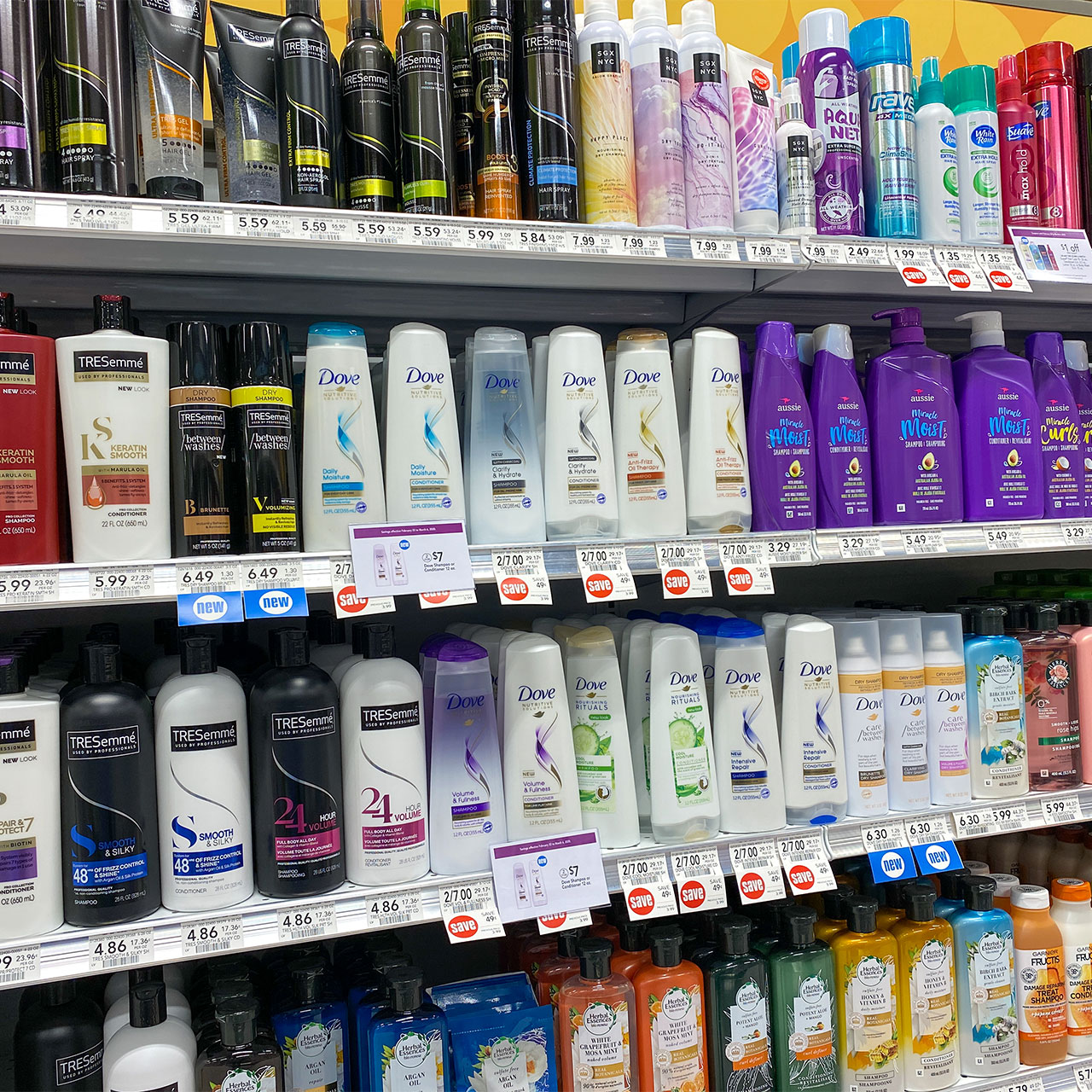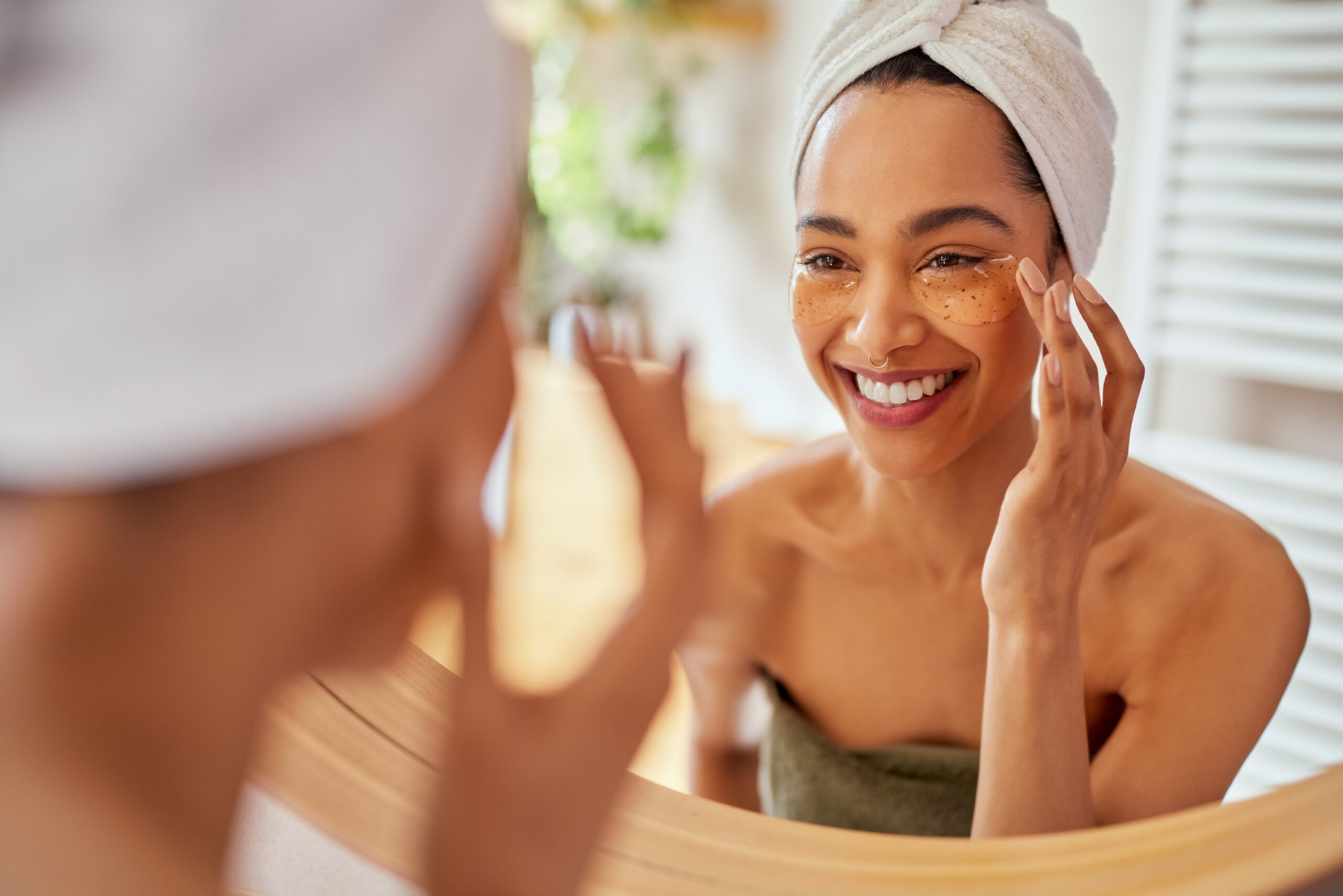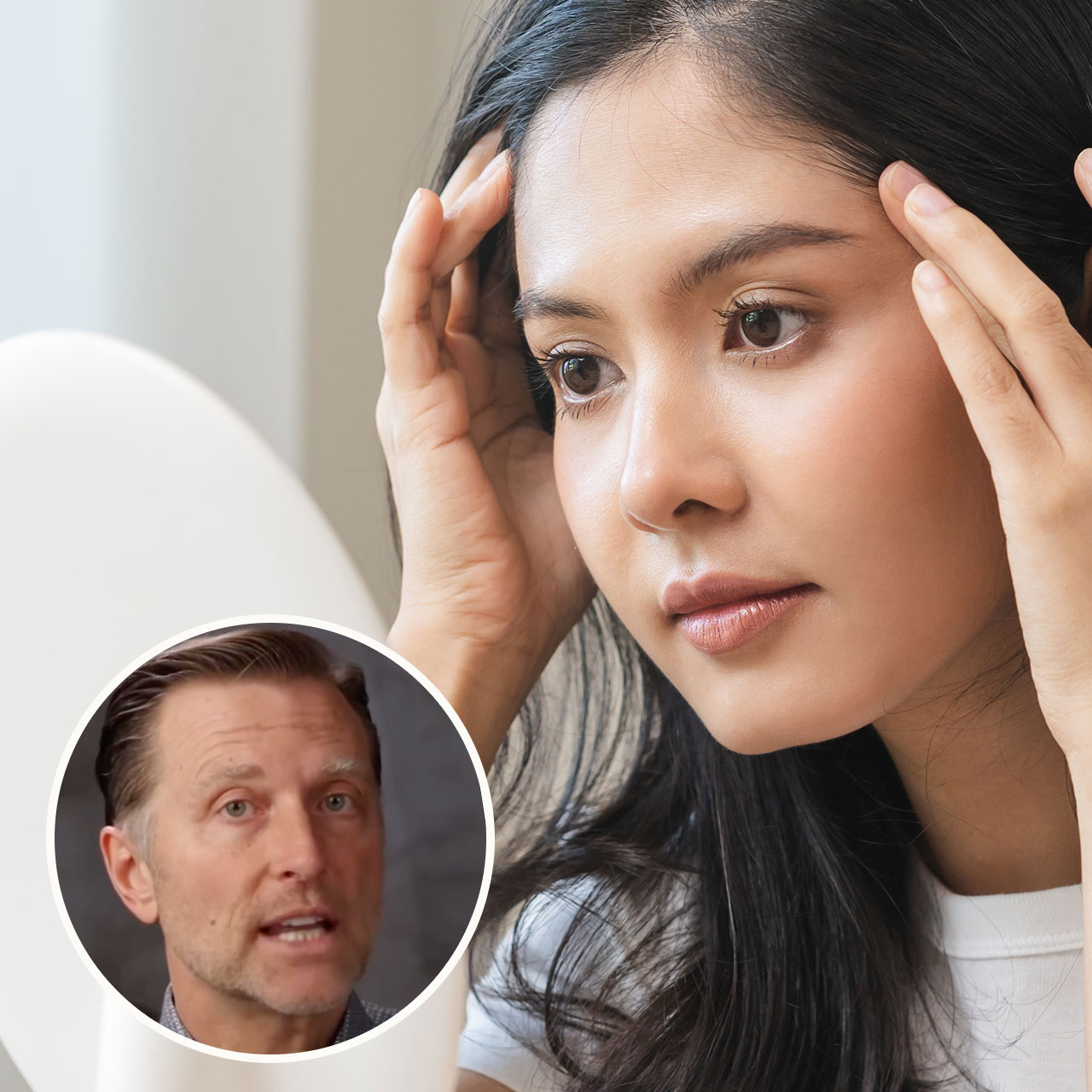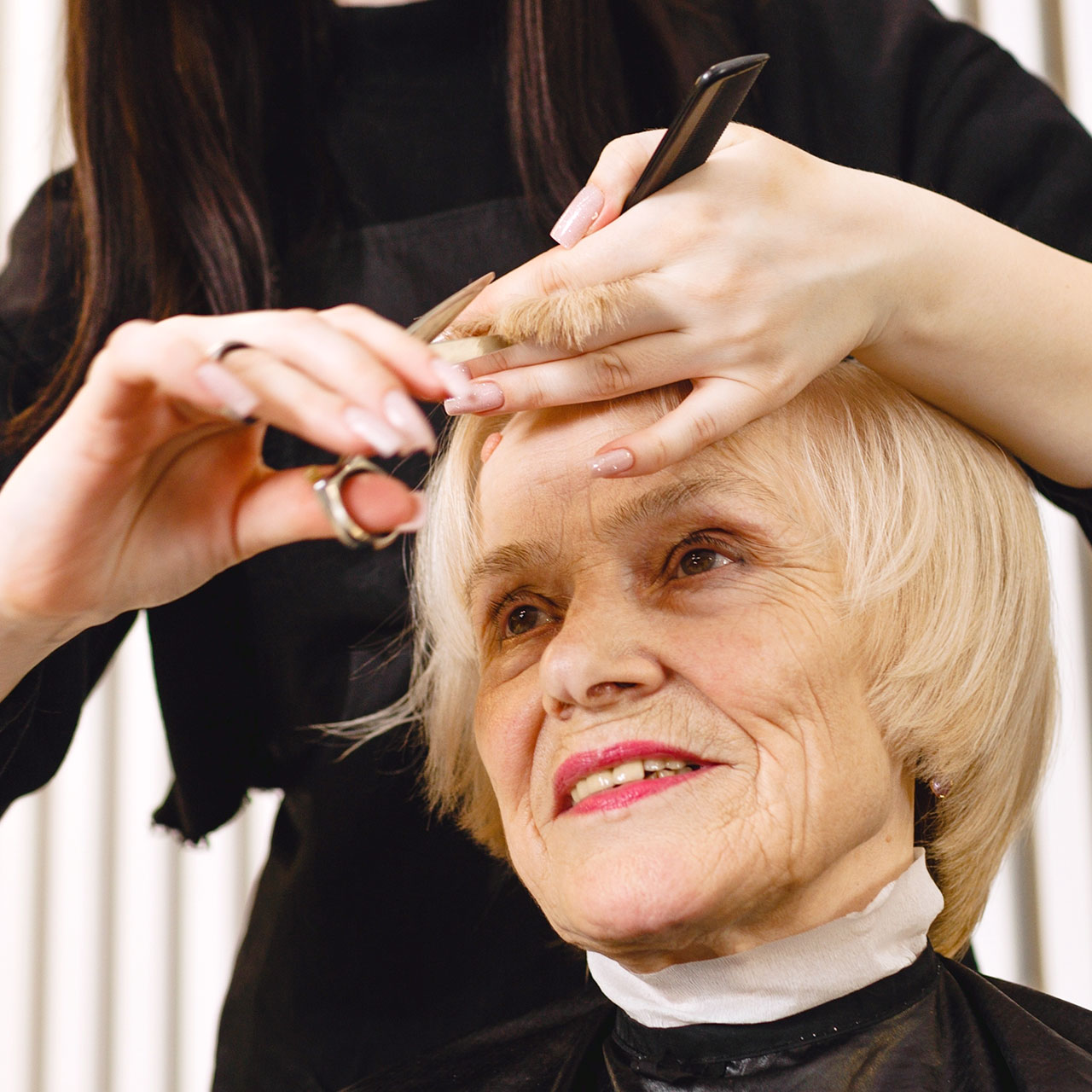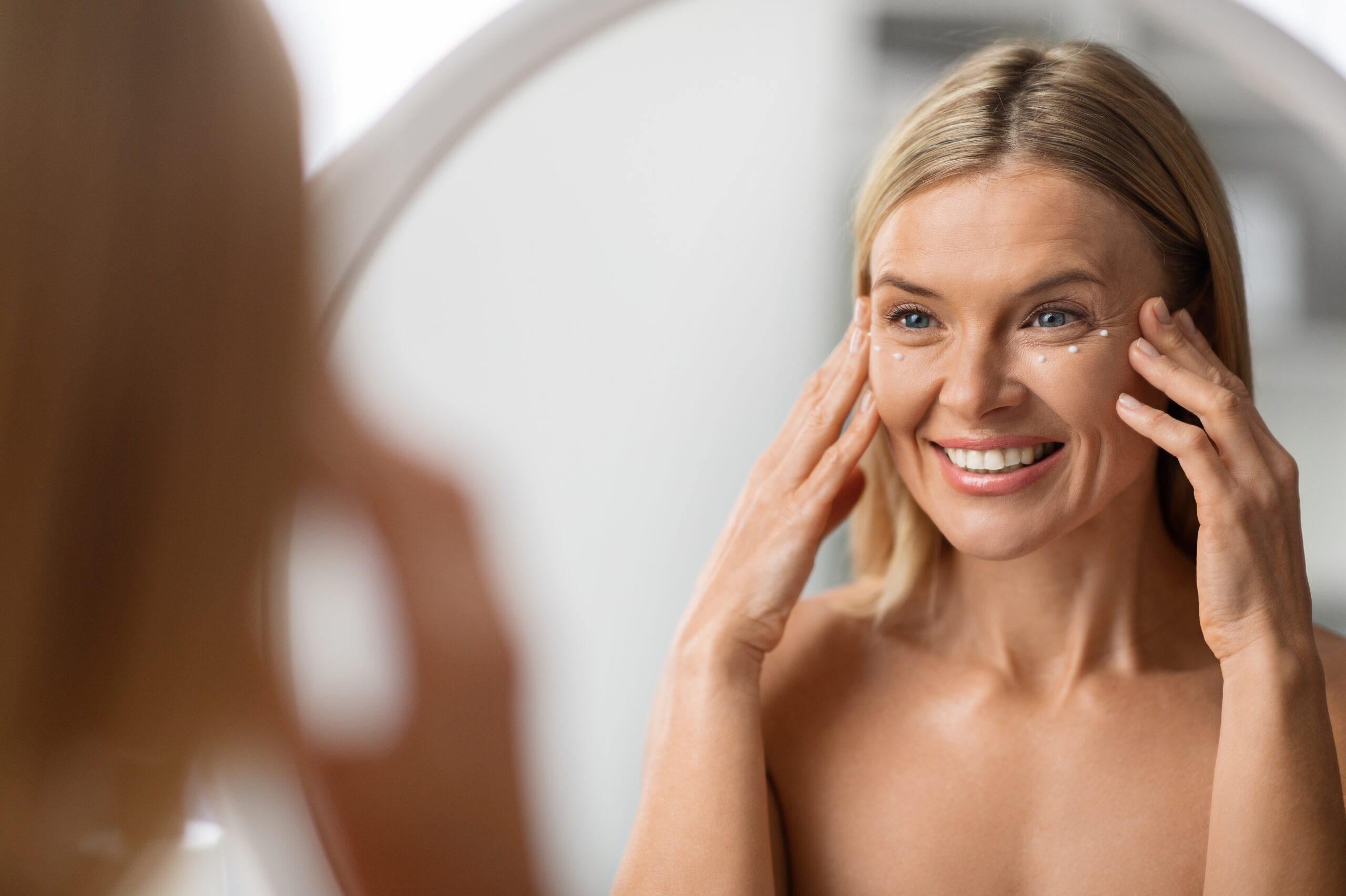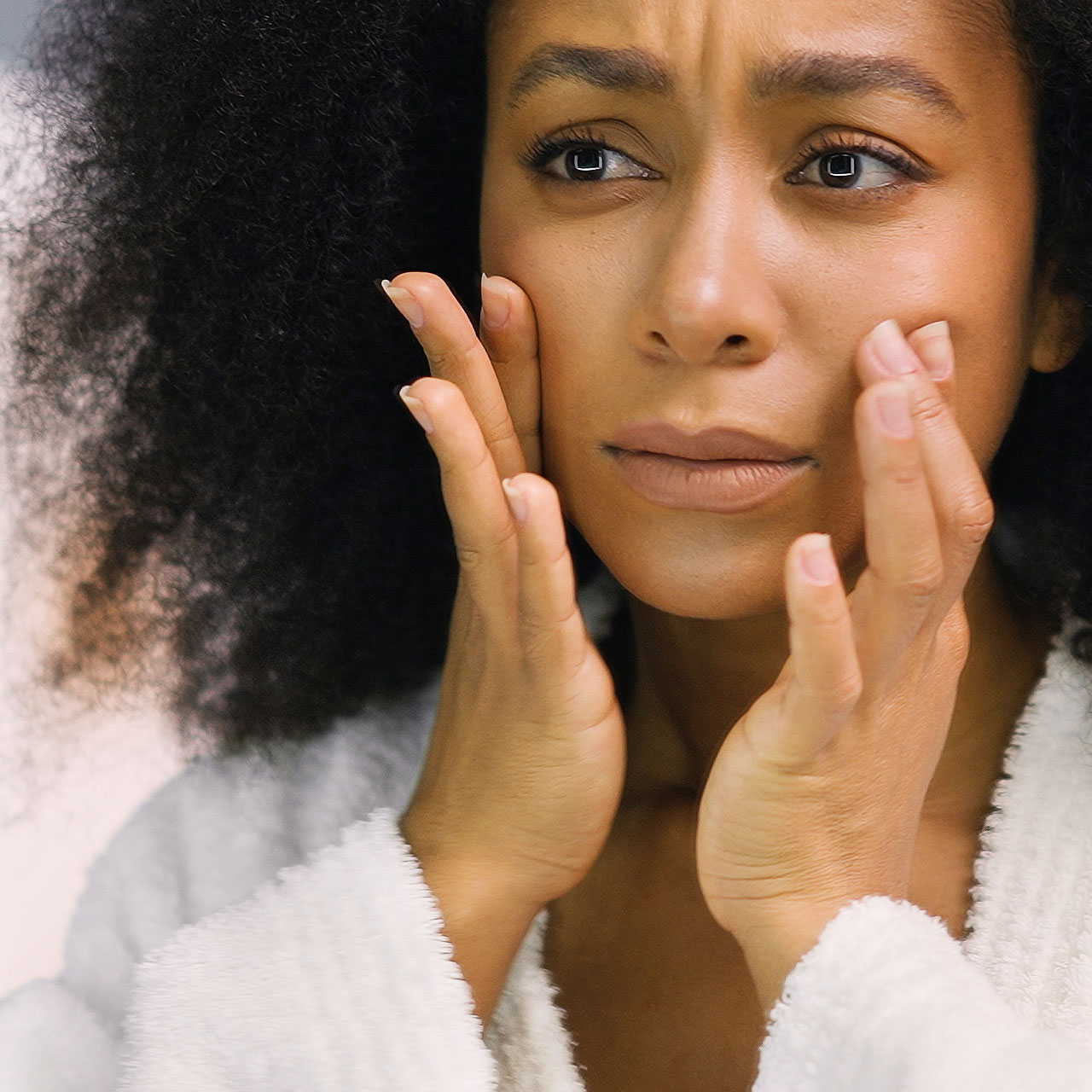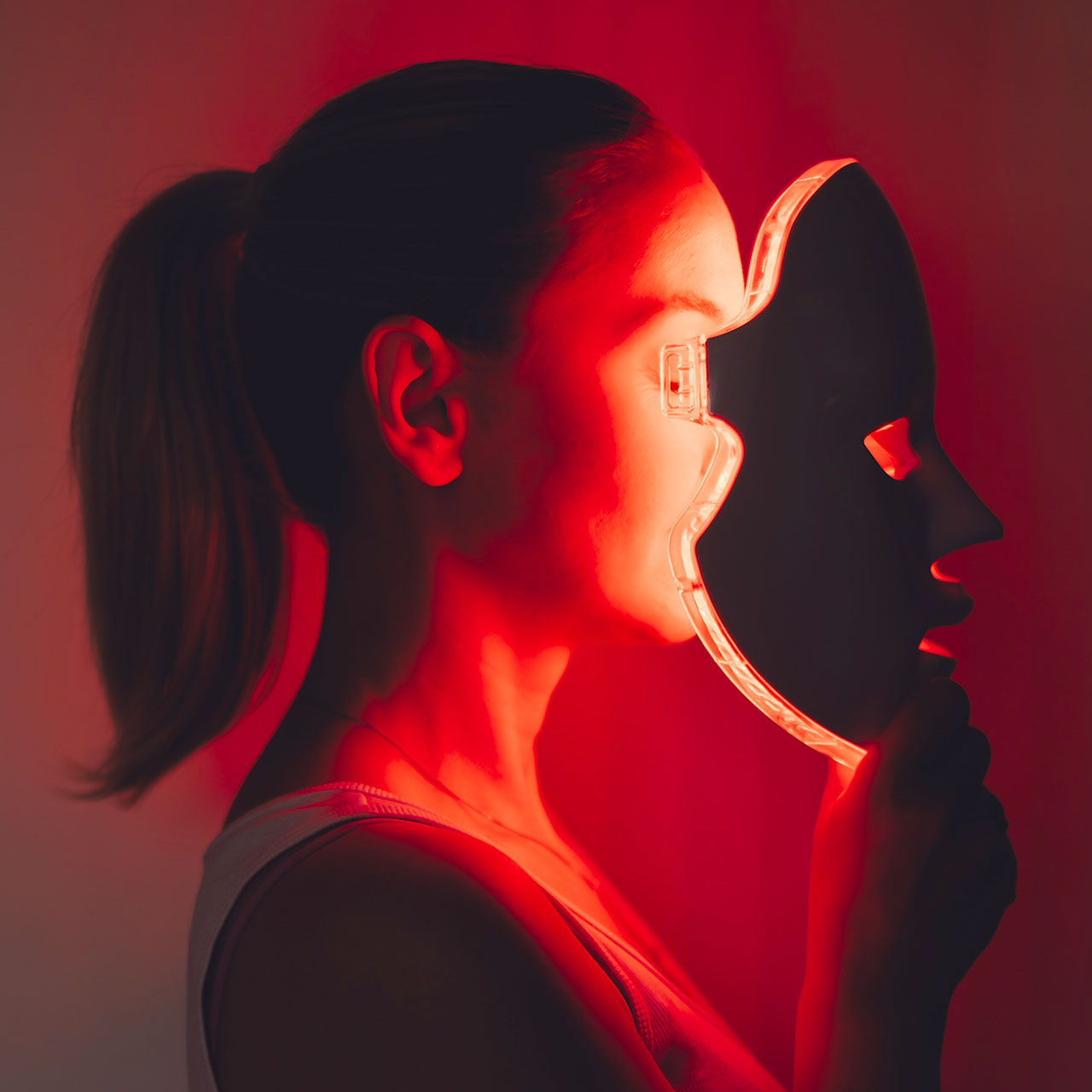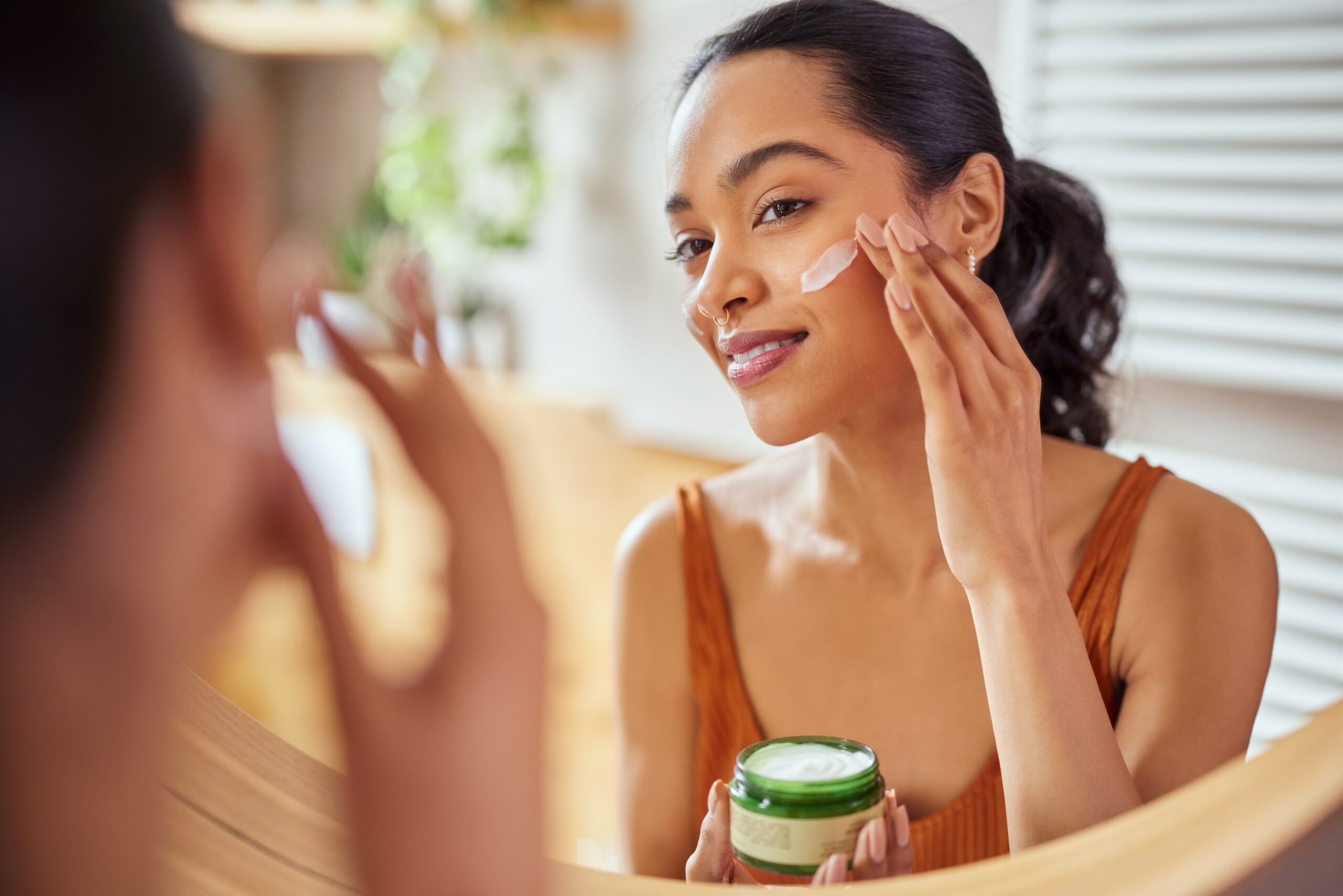When it comes to hair care, choosing the right shampoo is more important than many people realize. While some formulas nourish and strengthen your strands, others can actually contribute to hair issues—including increased fallout. Certain shampoos contain harsh ingredients like sulfates, parabens, and synthetic fragrances that may irritate the scalp, weaken hair follicles, and lead to excess shedding over time. If you’re noticing more strands in the shower drain, your shampoo could be playing a bigger role than you think.
According to experts, fragranced shampoos are the ones to steer clear of. Read on for tips, suggestions and insight from Allyson Carter, professional hair stylist and Editor-in-Chief at Hair Spies, Lauren Holland, professional hairstylist at Headspace Hair Artistry and Ghanima Abdullah, hair expert and cosmetologist at The Right Hairstyles.


How Fragranced Shampoos Can Lead To Unhealthy Hair—And Even Loss
Carter stresses that her "rule of thumb" regarding haircare is that "if a shampoo is too soapy, the color looks fake, or smells way too good; then it probably isn’t too good for your scalp." Thickeners, she says, are what give shampoo that nice and deceiving lathery texture. "Some widely used thickeners are sodium chloride and polyethylene glycol, which are highly irritating for the scalp and strip hair of all its moisture, making it dry and brittle," Carter says.
Fragrances like diethanolamine and triethanolamine "completely destroy the keratin in hair and contribute to drying and loss of hair," she adds. Fragranced shampoos marketed as 'thickening' can also be dangerous, she points out, when used in excess as they can clog pores. "The clogged pores prevent oxygen from reaching the scalp, which in turn leads to irritation and hair loss."
Abdullah notes that a "fragrance is often not one ingredient, but a compendium of ingredients in low concentrations that the manufacturer doesn't want to list directly on the ingredients." She warns that a label of "fragrance" on a shampoo bottle "can be anything." She adds that "fragrance doesn't cause dandruff per se, as it causes a wide range of allergies and dandruff can be one of them." An irritated scalp can lead to hair loss, dryness and breakage, she reiterates.
"With repeated use of hair products that contain fragrance, dandruff as an allergic reaction can worsen," Abdullah says. "Overproduction of oil" can also be an allergic reaction, as can scalp acne. "Allergic reactions are the reason we now have so many fragrance-free products on the market," she adds, making products with this as an ingredient best to avoid for your scalp health, and if promoting hair growth is your goal.
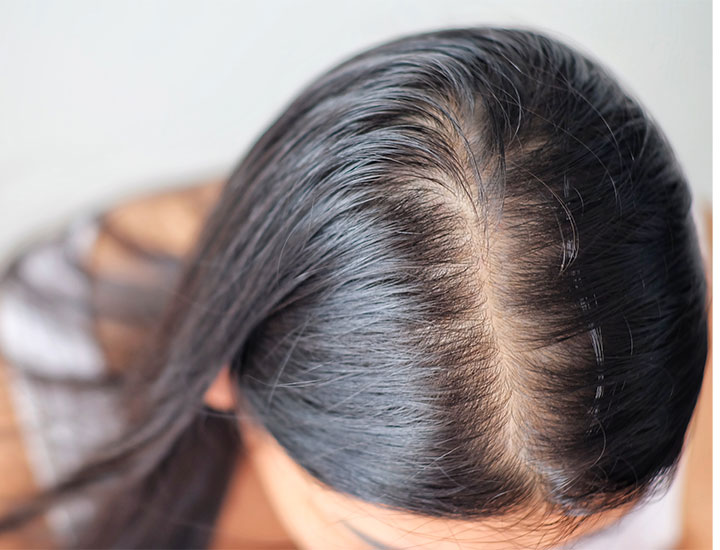
Types Of Shampoos To Use Instead
Experts strongly recommend using hair products for thinning and fine hair that have been suggested by a dermatologist. However, gaining knowledge about the ingredients that are helpful in combating thinning hair can prove to be advantageous in the long term. Making small alterations and informed decisions can ensure a healthier scalp and hair, Holland notes.
She recommends "opting for a sulfate free shampoo," as these are "widely available and are less irritating and harsh" on your scalp and hair. "Take it up a level and look for something more natural," she says. Holland emphasizes that hair damage can be reduced by limiting the use of heated tools and chemical treatments, as well as taking measures to protect your hair when swimming and wearing a hat when out in the sun to shield your scalp.
"Give your scalp a break between washes. Your natural oils are produced for a reason, so give them a chance to their job," Holland continues. She also advises to "avoid using styling products such as gels, waxes, hairsprays and dry shampoos on a regular basis," as these will cause build up as they settle on your scalp and clog hair follicles. "Once a hair follicle is damaged, there is no reversal unfortunately," she concludes.


